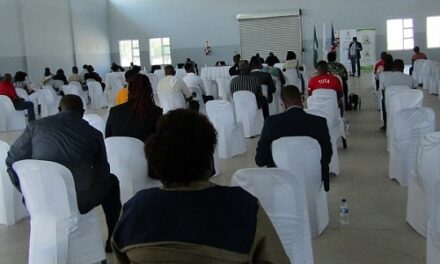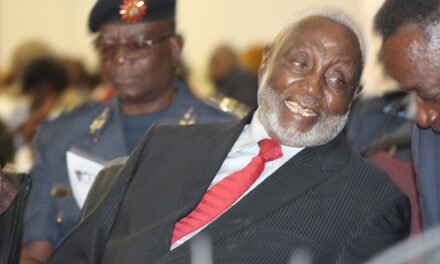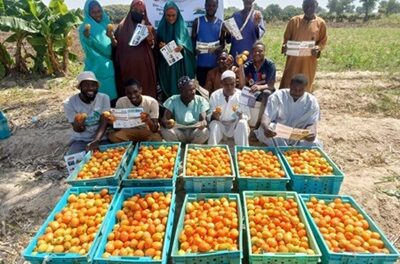By Marx Itamalo /
The Angolan police chief of the Cunene Province said that some cattle that get stolen in Angola by cattle rustlers are driven inside Namibia and several were recovered from villages in Namibia, especially those along the border of the two countries.
Ernesto Bartholomeus made this observation during an interview with Radio Cunene on Wednesday morning, when he addressed residents of the region about an ongoing police operation in Angolan’s central southern province.
The operation’s primary objective is to curb the smuggling of illegal items into Namibia, he stressed. These include but not limited to alcohol beverages, cigarettes, meat products, livestock, clothes and oil.
The items are smuggled into Namibia through the two countries’ porous border, going through ungazzetted entry points.
“We started with the operation at the beginning of last week and it has been a success so far. We have found a lot of items along the border and we have confiscated them. From oil containers to clothes,” he said.
The police chief noted that cattle that were stolen in Kahama district were sold at Naulila in the Ombadja district of Cunene and then smuggled through the border into Namibia.
“We made a breakthrough last week and busted a cattle smuggling ring. Members of this syndicate steal cattle from areas such as Kahama and sell them to their counterparts at Naulila.
“These animals are then made to cross the border and sold in Namibia as legitimate animals. This was made possible by the cooperation between our forces and the Namibian police,” he noted adding that members of the syndicate were arrested and would face trial.
Bartholomeus further noted that the Angolan security forces also enacted tough regulations regarding the movement of animals and meat products like beef and goat meat between Namibian and Angola.
This came as a result of the unabated cases of stock theft in the two neighbouring countries.
“In the past, someone would just kill an ox, load it into a ‘haleluja’ (a tricycle which is a popular form of transport in rural Cunene) and tell you they are going to mourn a relative in Namibia,” Bartholomeus said.
“Now, we have discovered that, not all the people have been sincere with their claims. Some have used this excuse as an opportunity to steal others’ animals.
“From now on, proper documentation will be required before the person is given a greenlight,” he warned.
He stressed people also crossing the border with goat and cattle carcasses to sell in Namibia would now be scrutinised by the police and tribal leaders before they are allowed to proceed.
Asked whether the Angolan border police and their Namibian counterparts in Namibia have a good relationship, he responded: “Of course. We cooperate in many areas, and that is the reason we had succeeded in many cases.
“For instance, about six vehicles that were stolen from Namibia and driven into Angola, were recovered last year and handed over to Namibian authorities. Their (Namibian) commanders received the vehicles and handed them over to their owners.
“Also, criminals who had committed crime in Namibia and flee to Angolan were arrested and handed over and vice- versa,” he noted.
Bartholomeus called for good cooperation between the border security forces of the two sister countries in order to fight and curb crime.
“It is only through cooperation that we can effectively fight crime.
“Of course, we are cognizant of claims by some Namibians that our police are not doing enough and that they don’t protect Namibians here, but that is a dishonest narrative. When Namibians are in Angola, we will accord them protection just like Angolan citizens,” he stressed whilst imploring Namibia citizens who feel they have been mistreated inside Angola to always seek assistance from the police.
In the photo: Cattle have for centuries been a symbol of wealth in northern Namibia and southern Angola.







